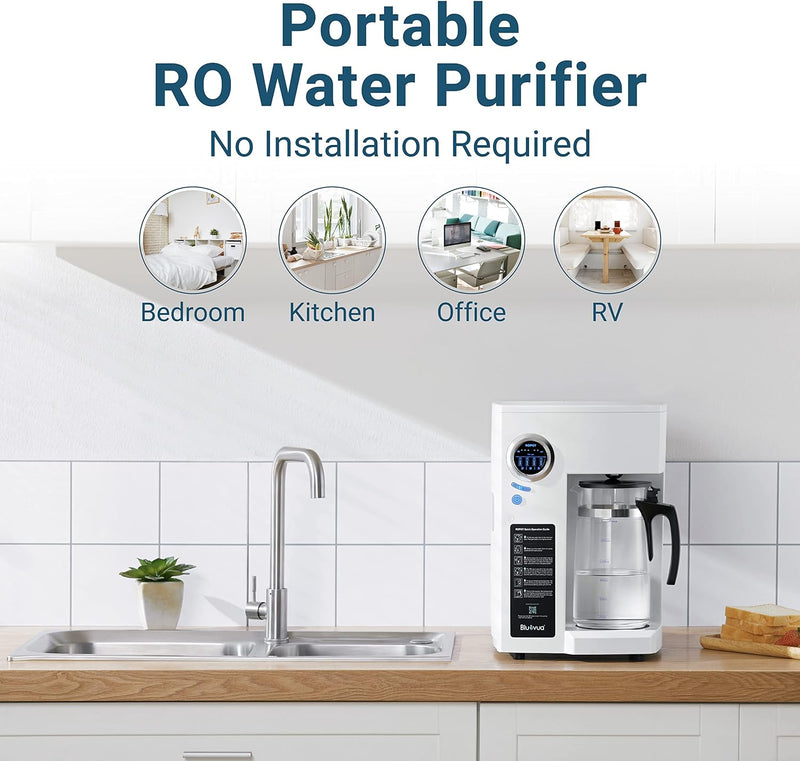The Science Behind Reverse Osmosis: How RO Water Filters Purify Your Drinking Water
الجسم
In recent years, the demand for clean drinking water has surged, leading many households to consider reverse osmosis water filter systems. But what exactly is reverse osmosis, and how does it work? This article delves into the science behind these systems, providing a comprehensive understanding of their functionality and benefits.

Understanding Reverse Osmosis Water Filter Systems
Reverse osmosis water filter systems utilize a semi-permeable membrane to remove impurities from water. This process involves applying pressure to push water through the membrane, allowing only water molecules to pass while blocking contaminants such as salts, bacteria, and other harmful substances. Have you ever wondered how effective this method is? Studies show that reverse osmosis can eliminate up to 99% of dissolved solids, making it one of the most efficient filtration methods available.
Key Components of RO Systems
- Pre-filters: These filters remove larger particles and chlorine, which can damage the RO membrane.
- RO Membrane: The heart of the system, this membrane separates clean water from contaminants.
- Post-filters: These filters enhance the taste of the water by removing any remaining impurities.
- Storage Tank: This tank holds the purified water until it is needed.
Benefits of Using Reverse Osmosis Water Filter Systems
There are numerous advantages to using reverse osmosis water filter systems in your home:
- Improved Water Quality: RO systems significantly enhance the taste and quality of drinking water.
- Health Benefits: By removing harmful contaminants, these systems contribute to better health.
- Cost-Effective: Investing in an RO system can save money compared to buying bottled water.
- Environmental Impact: Using RO systems reduces plastic waste associated with bottled water.
How to Choose the Right RO System
When selecting a reverse osmosis water filter system, consider the following factors:
- Water Quality: Test your water to understand its specific contaminants.
- System Capacity: Choose a system that meets your household's water consumption needs.
- Maintenance: Look for systems that are easy to maintain and have readily available replacement filters.
For those interested in a reliable option, consider the  . This countertop model offers convenience and efficiency, making it an excellent choice for families.
. This countertop model offers convenience and efficiency, making it an excellent choice for families.
Conclusion
In conclusion, reverse osmosis water filter systems provide an effective solution for purifying drinking water. By understanding the science behind these systems, you can make informed decisions about your water quality. Whether you're concerned about contaminants or simply want better-tasting water, investing in an RO system can significantly enhance your drinking experience.







تعليقات